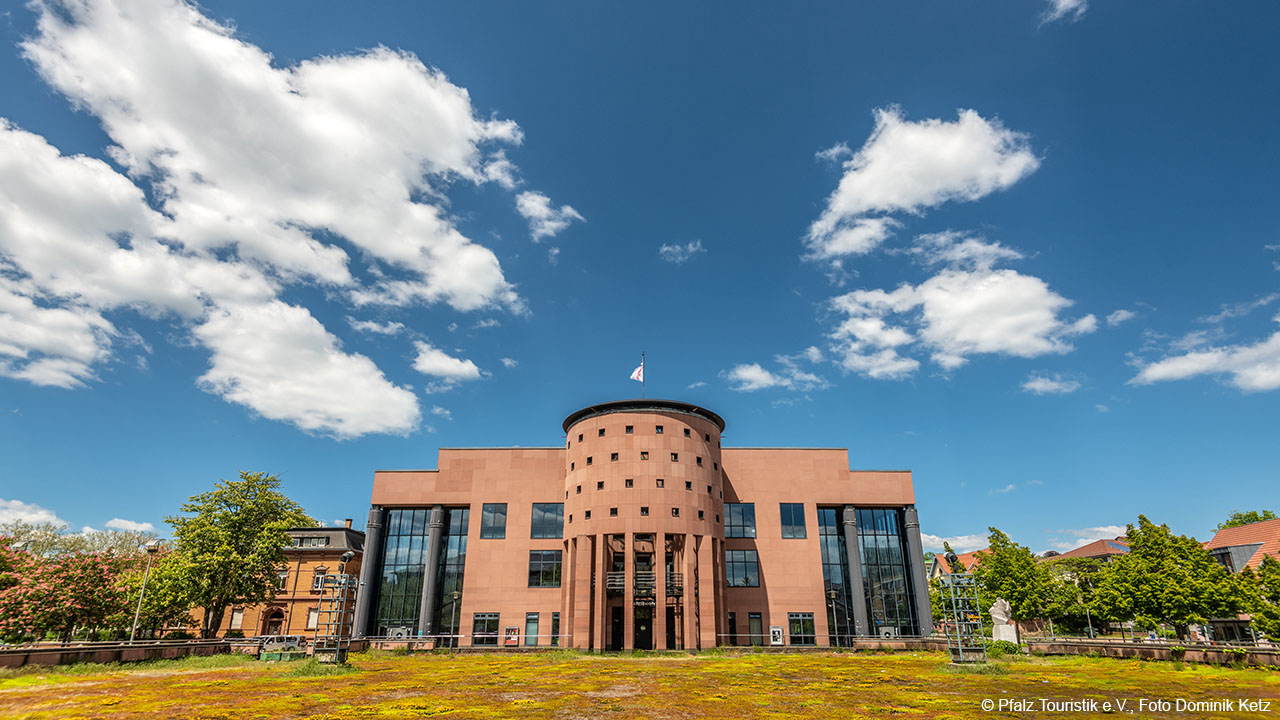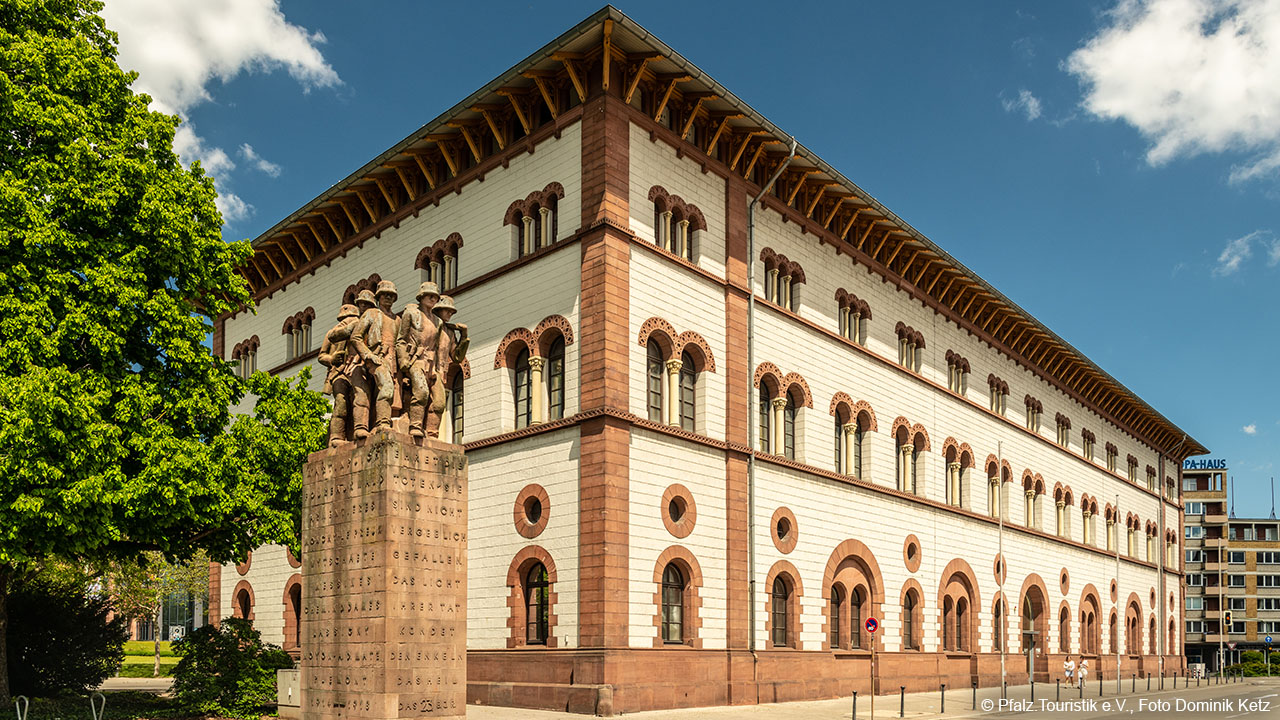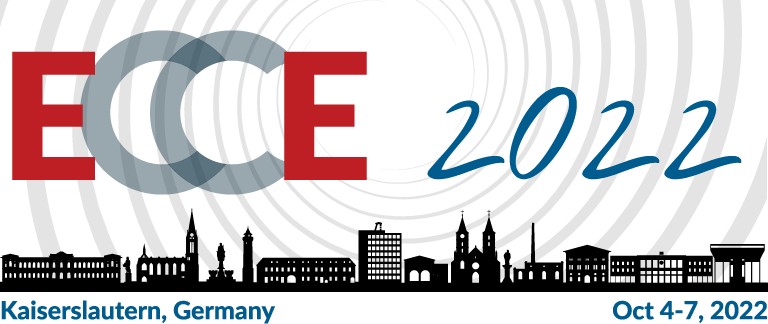



ECCE 2022 Submission
ECCE 2022 invites contributions from researchers and practitioners which address the broad spectrum of Cognitive Ergonomics challenges in the analysis, design, and evaluation of virtual and physical interactive systems as part of a rich conference program including keynote talks, paper presentation as well as a doctoral consortium. The 33rd ECCE conference will target state-of-the-art as well as emerging topics pertaining to cognitive ergonomics and its role in design processes, information presentation and visualization, human factors and simulation, prototyping, cross / extended reality, user interfaces development, evaluations, and emerging ethical issues.
Special Theme
The special theme of ECCE 2022 is:
Evaluating the Reality–Virtuality Continuum
It is dedicated to a variety of research areas and applications that are encompassed by the so-called Reality-Virtuality continuum1,2: These include systems that are used in real-world settings such as applications scaling from smart devices to large industrial setups, as well as Mixed Reality (MR) applications that integrate real and virtual objects, and Virtual Reality (VR) applications that immerse users into purely virtual environments. Contributions to ECCE 2022 may investigate the interaction with any of these systems and propose enhancements to their design, development, or evaluation.
1
Milgram, P.; Kishino, F. A Taxonomy of Mixed Reality Visual Displays. IEICE Transactions on Information Systems 1994, 77, 1321–1329.
2 Milgram, P.; Takemura, H.; Utsumi, A.; Kishino, F. Augmented reality: a class of displays on the reality-virtuality continuum. Telemanipulator and Telepresence Technologies; Das, H., Ed. SPIE, 1995, Vol. 2351, pp. 282–292.
Topics of Interest
The topics of interest include but are not limited to the following ones:
- Cognitive processes in design
- Cognitively-orientated human factors
- Consequences of VR/AR/MR usage
- Context awareness
- Cross / Extended reality (XR): VR, AR, and MR
- Decision aiding, information presentation and visualization
- Design methods, tools, and methodologies for designing interactive systems
- Ecological approaches to human cognition and human-technology interaction
- Efficient collaborations
- Ethical issues in virtual environments
- Human-computer interaction
- Human error and reliability
- Human factors and simulation
- Human-technology interaction in the Internet of Things era
- Interactive learning
- Intuitive interaction
- Motivation, engagement, goal sharing
- Multisensory perception
- Resilience and diversity
- Scalable evaluation spanning the reality–virtuality continuum
- Situation awareness
- Trust and control in complex virtual systems
- User experience design
- User interfaces
- User research concepts, methods, and empirical studies
Submissions
Submission Categories
ECCE 2022 solicits novel research contributions and innovative applications related to the conference topics.
All submissions fulfilling the submission requirements will be peer-reviewed by three reviewers (double-blind).
Accepted papers will be published in the conference proceedings.
The length of long contributions must not exceed 10 pages, including all sections, references and possible appendices.
The length of short papers must not exceed 6 pages, including all sections, references and possible appendices.
Submissions should be anonymized and converted to a valid PDF format prior to submission to EasyChair.
All long and short paper submissions are handled through EasyChair.
The deadline for submissions was April 30, 2022, notification of acceptance will be on June 15, 2022.
The new Work in Progress track of ECCE 2022 gives researchers the opportunity to present exciting new contributions for which the research work has not yet been fully completed. This means that, for example, papers can be published where only a basic prototype has been developed so far, only a preliminary user study or none at all has been conducted, or which outline concepts and prospects for planned research.
Work in Progress papers should be no longer than 6 pages (including references).
Work in Progress submissions will be published in the ECCE 2022 conference proceedings in the ACM Digital Library.
Work in Progress submissions must be sent directly to the Work in Progress paper chairs:
ecce2022-wip <at> hciv.de
The deadline for workshop submissions was May 31, 2022, notification of acceptance will be on June 15, 2022.
Demonstrations are about showing work in a setting that allows for open discussion. These sessions are suitable for authors who wish to present and demonstrate their work, small projects, systems, or prototypes in an interactive and informal setting during ECCE 2022.
Demonstration papers should be no longer than 2 pages (including references) and should explain the work to be presented, the nature of the presentation, and the relevance of the presentation to the conference themes.
Submissions of demonstration papers together with specific requirements for the demonstration (e.g., size of equipment, power, networking, etc.) must be directed directly to the program chairs: ecce2022-pc <at> hciv.de
The deadline for demonstration submissions was May 31, 2022, notification of acceptance will be on June 15, 2022.
We encourage doctoral students to apply to the doctoral consortium held on the first day of the conference, which will be supervised by two leading experts.
Extended abstract submissions should include a two-page summary of the PhD student's work (including research context,
past accomplishments, future directions, and problems encountered) and a one-page CV.
Upon acceptance, students have to submit consortium paper (no longer than 6 pages), including references and possible attachments. DC papers revised and submitted according to reviewer comments will be published in the ACM Digital Library along with the conference proceedings.
Doctoral consortium submissions should be sent directly to the doctoral consortium chairs:
ecce2022-dc <at> hciv.de
The deadline for exteneded abstract submissions was April 30, 2022, for full submissions it was june 1, 2022
Publishing Information
ECCE 2022 proceedings are planned to be published by ACM International Conference Proceedings Series and disseminated through ACM Digital Library.
Selected papers will be published in the Behaviour & Information Technology (BIT) journal.
Formatting Instructions
Please see ACM Word / LaTeX Templates for all information on formatting and templates to create your manuscript for submission. Make sure that you use the latest version of the Primary Article Template to create your submission in single column format.
Important note for Word users:
In contrast to the information given on the ACM web pages, we do not distinguish between review and accepted in the formatting. Therefore, please submit the paper as described by ACM in the Instructions for Applying the Primary Article Template.
All rights of ownership and copyrights of the above photos are reserved by the City of Kaiserslautern, Pfalz.Touristik e.V., Dominik Ketz (photographer), and/or Hotel Barbarossahof Kaiserslautern. ECCE 2022 logo by Christoph Garth.